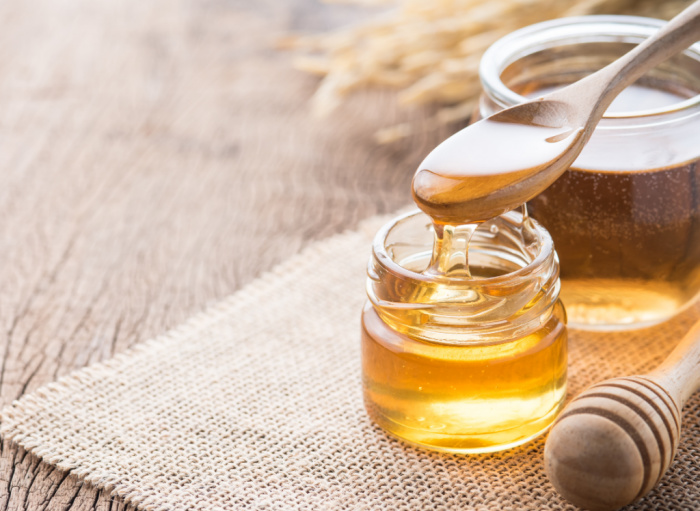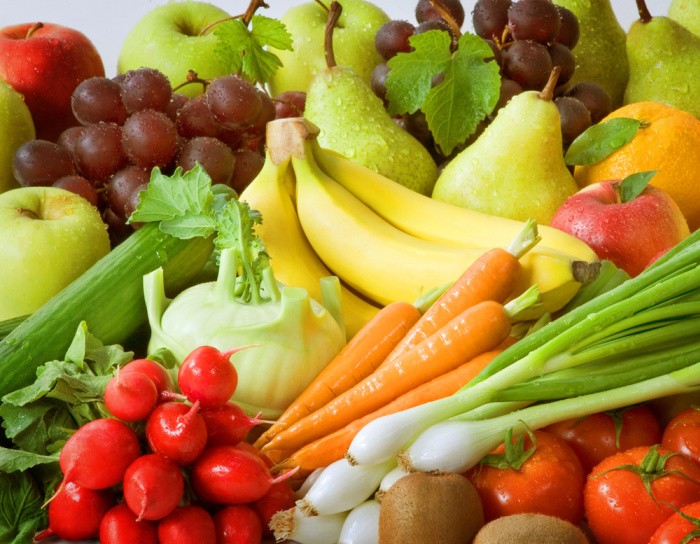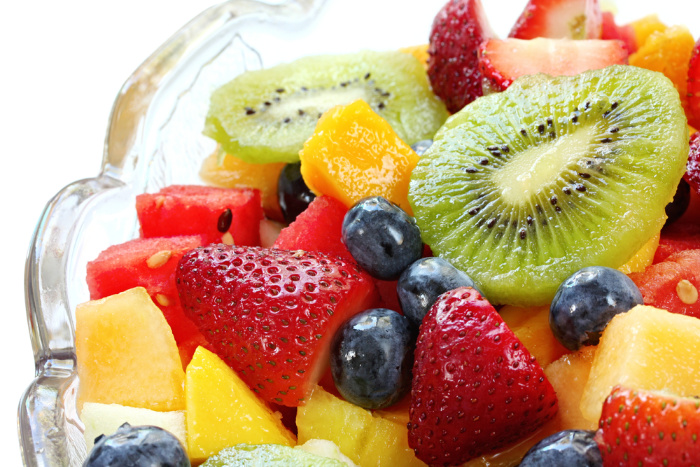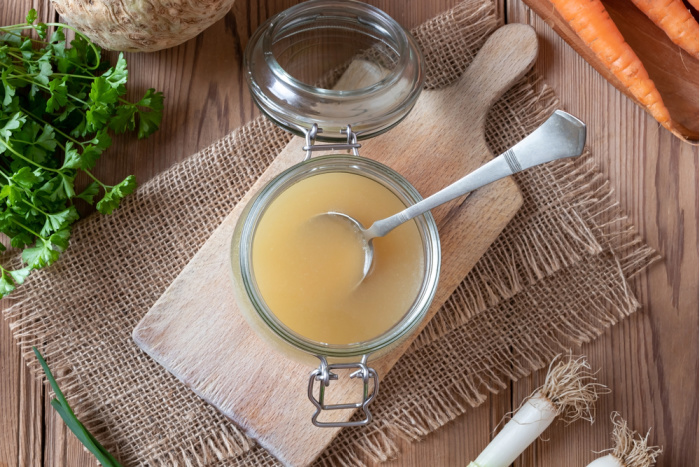Honey: Everything You Want to Know
Honey is truly a remarkable substance, when you think about it. It goes through a very involved process before it finds its way into your home. When it does, it tastes great on your breakfast toast or oatmeal and can be added to your favorite dessert recipes. Honey can be enjoyed in a number of different ways and provides you with a long list of health benefits that you simply should not ignore. It’s time to talk about honey: everything you want to know. In case you missed this post, Honey Bees: Everything You Should Know
Honey: Everything You Need to Know
No, I’m not talking about the processed and over pasteurized honey that comes in those plastic bears at your local grocery store. Those, for the most part, have been stripped of most of their health benefits. I’m talking about raw honey, that’s not only better for you, but it also has a more distinct flavor. Here’s more on honey and everything you want to know. Honey Drizzler
Have you ever thought about how much work went into making that bottle of honey that’s in your pantry? It’s extraordinary! Just to make one pound of honey, honeybees had to visit over 2 million flowers, covering a distance of over 55,000 miles, with the teamwork of approximately 768 bees throughout their lifetimes.
Bees are the only insect on the planet that produces food that humans can eat. Not to startle you, but honey is basically bee vomit. The main ingredient in honey is sugar, accounting for about 70%. No wonder it’s so sweet and delicious!
One of the many amazing things about honey is that it will last forever! Seriously, it has an indefinite shelf life when it’s been stored correctly. Even if you notice that your honey is starting to crystalize or become slightly granular, simply place the open container in hot water until it returns to a liquid form.
Basic Info of Honey
Honey is a sweetened, syrupy liquid substance that is produced by honeybees while gathering the nectar from flowers. It’s made up of water, fructose, glucose, wax, pollen, and mineral salts. Honey contains several antioxidants and has antibacterial and antiseptic properties too. Honey can range from a lighter hue to a deep composition of color depending on the flowers that supplied the nectar.
Nutrition Facts
A single tablespoon of honey contains 64 calories and roughly 17 grams of sugar. There’s zero protein, fiber, and fat. It also happens to be very low in cholesterol and sodium. You’ll find a decent amount of manganese, and traces of calcium, iron, potassium, zinc, copper, and other minerals.
Health Benefits
First Aid
Honey can also be used as a natural antibiotic and first aid treatment. By placing honey over a wound, burn, or abrasion, it can help them heal at a much faster pace. It also helps to create a barrier to prevent infection. Applying honey on an ulcer will also promote healing.
Helps Treat Psoriasis
Psoriasis is a common skin disease that can cause itching, redness, blisters, and sometimes lesions. In most of these cases people usually use a topical cream that contains vitamin D and corticosteroids, but honey may actually be the better way to go.
Cancer
I’ve already mentioned that honey contains antioxidant properties which are beneficial since they can help treat and prevent certain types of cancer. Researchers have found that honey can help stop cancer cells from multiplying, but more studies need to be performed in the meantime.
Diabetes
By making the switch from sugar to honey, studies have found that it’s an effective way of keeping your blood sugar levels under control. This is especially an important option for patients who struggle with diabetes.
Improves Memory
Honey may actually help to improve both short and long term memory. Studies have shown that women who took honey treatments for several weeks noticed more of an improvement with their immediate memory versus those who were given hormone therapy of estrogen and progestin.
Fertility
There’s a slight possibility that honey can improve fertility, but too much can have the opposite effect. Researchers have used rats to test this theory, where honey was found to help increase the sperm count in the males.
Aids Hemorrhoids
Hemorrhoids can be an extremely uncomfortable condition, with pain and itching in the anus, along with blood in your stool. Applying honey with beeswax and olive oil can be used as a treatment to alleviate some of the discomfort.
Baking with Honey
Wanting to cut down on sugar for healthier living, but don’t want to sacrifice the yummy taste of your baking goods and desserts? Honey is your answer! When you’re replacing sugar in a recipe by using honey, go ahead and substitute 2/3 to 3/4 cup of honey for every cup of sugar that the recipe calls for.
You’ll also need to reduce the number of liquids that you use by ¼ of a cup for every cup of honey that you use, and lower the baking temperature by 25 degrees. Just keep in mind that foods will brown more quickly when honey is used, so keep a watch on the baking time more closely.
Storing Honey
Honey should never be placed in the refrigerator, as the cooler temperatures will cause it to solidify and become much more difficult to get out of the container. All you need to do is place it in a sealed tight container and in a cool place (your pantry), away from direct sunlight. Storing temperatures should be between 50 and 70 degrees.
Who Shouldn’t Eat Honey?
For the most part, anyone can enjoy honey, but there are a select few that should not eat it. Infants that are 12 months or younger should not ingest it because honey contains a bacteria called Clostridium bacteria, that can cause infant botulism.
Muscle weakness and difficulty breathing can be a result of this. There are also a select few adults who are allergic to this type of bacteria and should also avoid eating anything that contains honey.
Final Word
Everything about honey, from the process of how it’s made, and what you can use it for, is nothing short of intelligent design. It’s been linked to so many health benefits, including wound healing, improving heart health, and blood antioxidant status.
It’s an excellent sugar substitute for your baking needs as well. Just remember that even though it is extremely good for you, honey does contain quite a bit of sugar, so be sure to enjoy it in moderation. Honey can be used in a lot of different ways besides eating and baking. Check out these 15 weird and awesome uses of honey. What do you think of honey: everything you need to know? Please keep prepping, we must. May God bless this world, Linda
Copyright Images: Honey AdobeStock_140915751 by showcake






















This is one of those items that you try and store as much as possible. It ain’t going to go bad though it might need a little work to get it back to liquid and it is way too useful to ignore. I’ve even used it on difficult critters when I’m trapping. Some have “learned” for one reason or another to avoid normal bait and need more coaxing.
As former beekeeper( a bear and hunters killed all our bees) not only does honey have so many uses , but bees are needed to pollenate many of the foods we eat. They are a necessity! We should never use insecticites on our plants. Bees are so helpful and only sting in defense of the hive or themselves. Never kill a hive if a swarem lands in your area, but call a beeleeper to some get it. Besides, if is felt that if a swarm lands in you home(area) it is good luck!!
Hi Cheryl, this is so true. I love seeing bees because I know I know I won’t have to hand pollinate my plants! Great comment! Linda
I love home grown honey it’s always so delicious!
Hi Jess, me too! Homegrown honey is the best! I looked at getting bees and realized it wouldn’t work for me so I buy good raw, unfiltered honey! Linda
Another thing about honey, always by raw honey and not the stuff sold in the stores. It is often cut with sugar . Look at the lable. If it comes from our country and says it is organic, it is ok. Some cheap honey comes from China and is mostly sugar. Read the lable. I think Costco sells good honey from CA. or buy from a local producer to be sure.
Hi Cheryl, I totally agree with you on buying good honey!! Linda
Yes, definitely buy raw honey–and especially get local honey. There have been strong indications that local raw honey can help with allergies, which makes sense since the bees are collecting from local plants! Besides–support local beekeepers!
One pretty reliable hint is that if the honey is crystal clear–it’s almost certainly not raw honey. The pollen, etc., that makes raw honey slightly cloudy has been filtered out, and there’s a strong probability that the honey has been “cut” with corn syrup or sugar syrup (and depending on its origin, other contaminants).
It’s worth checking to see if there are local beekeepers who sell shares of some sort, just like a CSA. You pay a certain amount up-front, and get honey (possibly other bee products too) at the appropriate season. Some will place a hive at your property, and some will allow you to help so you learn how it’s done.
Hi Rhonda, oh I wish I could have some beehives in my yard, I can’t because it’s an HOA. Great tips!! Linda
A Chiropractor friend and two buddies went to Alaska to spend 2 months off the grid, with no way to communicate with the pilot who flew them in. On the first day, one cut his hand badly with an ax while cutting wood. They cleaned it and coated it in honey and wrapped it in gauze, repeating the process over an over. When they returned to Anchorage, a doctor unwrapped it and it had a perfectly healed smooth scar.
Hi Dave, wow, wow, wow! I LOVE hearing this story! I have a book that talks about all the healing aspects of using honey. Your story goes right along with my book. Thanks again for sharing it! Linda